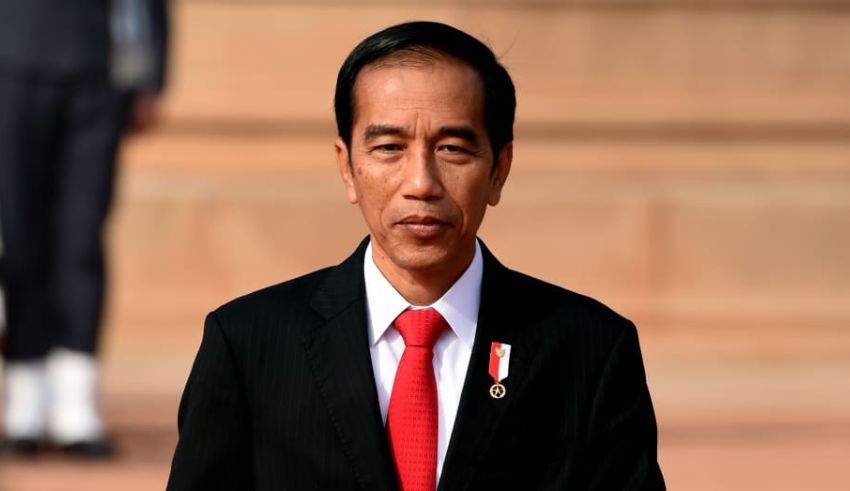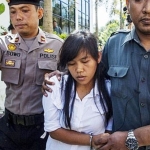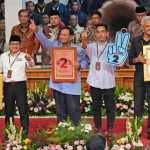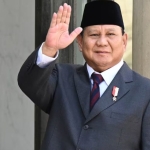
Indonesia’s President Joko Widodo, popularly known as Jokowi, is facing a dilemma as he prepares for the 2024 presidential election, which will mark the end of his second and final term.
Jokowi has to decide whether to endorse a successor from his ruling coalition, or to remain neutral and respect the democratic process. His choice could have significant implications for his legacy, his popularity, and his influence in the country’s politics.
The dilemma of succession
Jokowi has not yet officially announced his preferred successor, but he has hinted that he favors his former rival and current defense minister, Prabowo Subianto, who leads the Gerindra Party, the second-largest party in the ruling coalition. Jokowi has praised Prabowo’s performance and loyalty, and has given him prominent roles and responsibilities in the government, such as handling the Covid-19 pandemic and the security situation in Papua.
However, Jokowi’s apparent support for Prabowo has sparked criticism and controversy, both within and outside his coalition. Some of his allies, such as the Indonesian Democratic Party of Struggle (PDI-P), the largest party in the coalition and Jokowi’s own party, have expressed their dissatisfaction and disagreement with Jokowi’s choice, and have proposed their own candidates, such as PDI-P chairwoman and former president Megawati Sukarnoputri’s daughter, Puan Maharani, who is the speaker of the House of Representatives.
Some of his opponents, such as the Prosperous Justice Party (PKS), the largest Islamic party and the leader of the opposition, have accused Jokowi of betraying the democratic principles and values that he championed in his campaigns, and of undermining the independence and integrity of the election. They have also questioned Prabowo’s suitability and credibility as a presidential candidate, given his controversial human rights record and his previous allegations of election fraud.
Keep Reading
The implications of endorsement
Jokowi’s endorsement of a successor could have positive and negative implications for his legacy, his popularity, and his influence, such as:
Jokowi’s endorsement of a successor could ensure the continuity and stability of his policies and programs, which have focused on infrastructure development, social welfare, and economic growth.
Jokowi’s endorsement of a successor could also strengthen his coalition and his party, and secure their dominance and control in the parliament and the government. Jokowi’s endorsement of a successor could also boost his popularity and reputation, and enhance his role and authority as a leader and a statesman.
Jokowi’s endorsement of a successor could also backfire and damage his legacy, his popularity, and his influence. Jokowi’s endorsement of a successor could alienate and antagonize his supporters and voters, who may feel disappointed and betrayed by his decision, and who may prefer other candidates or parties.
Jokowi’s endorsement of a successor could also create and intensify the divisions and conflicts within his coalition and his party, and weaken their cohesion and cooperation. Jokowi’s endorsement of a successor could also reduce his popularity and reputation, and diminish his role and authority as a leader and a statesman.




























